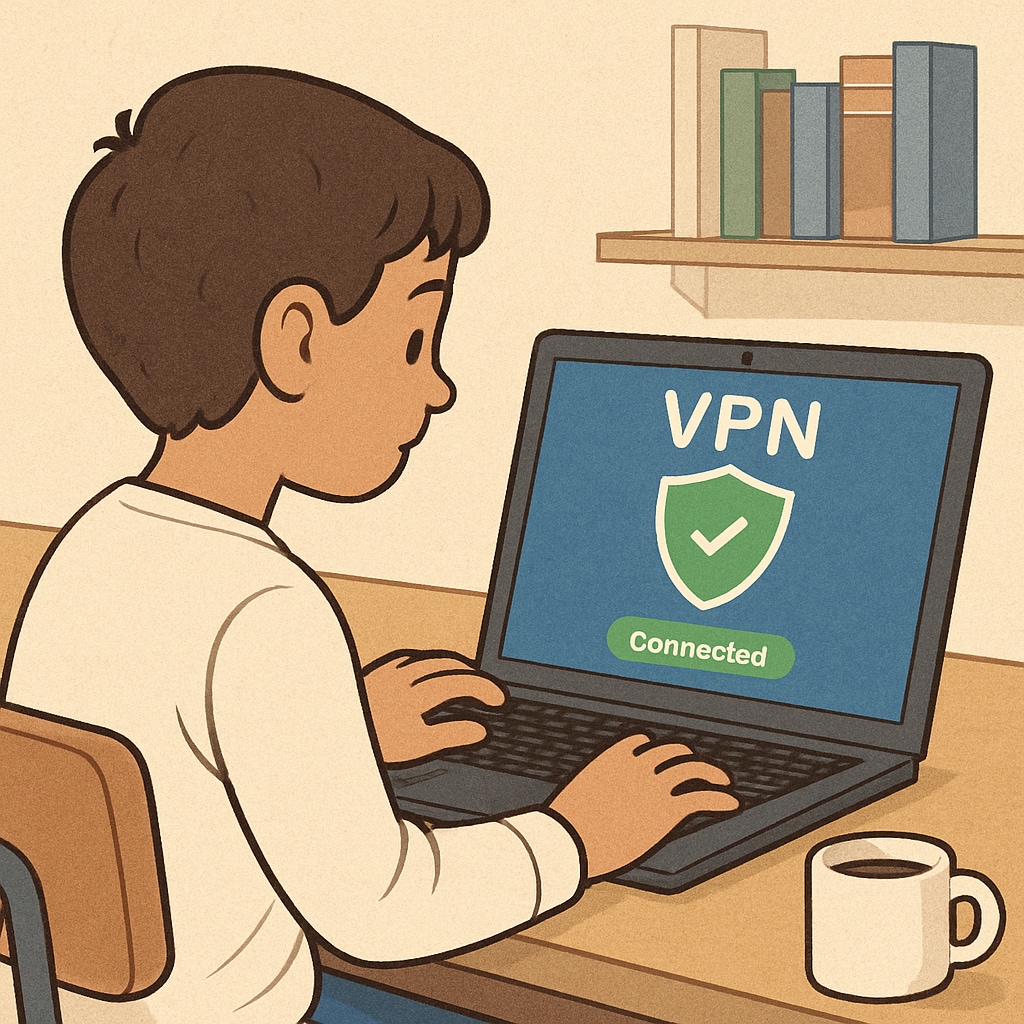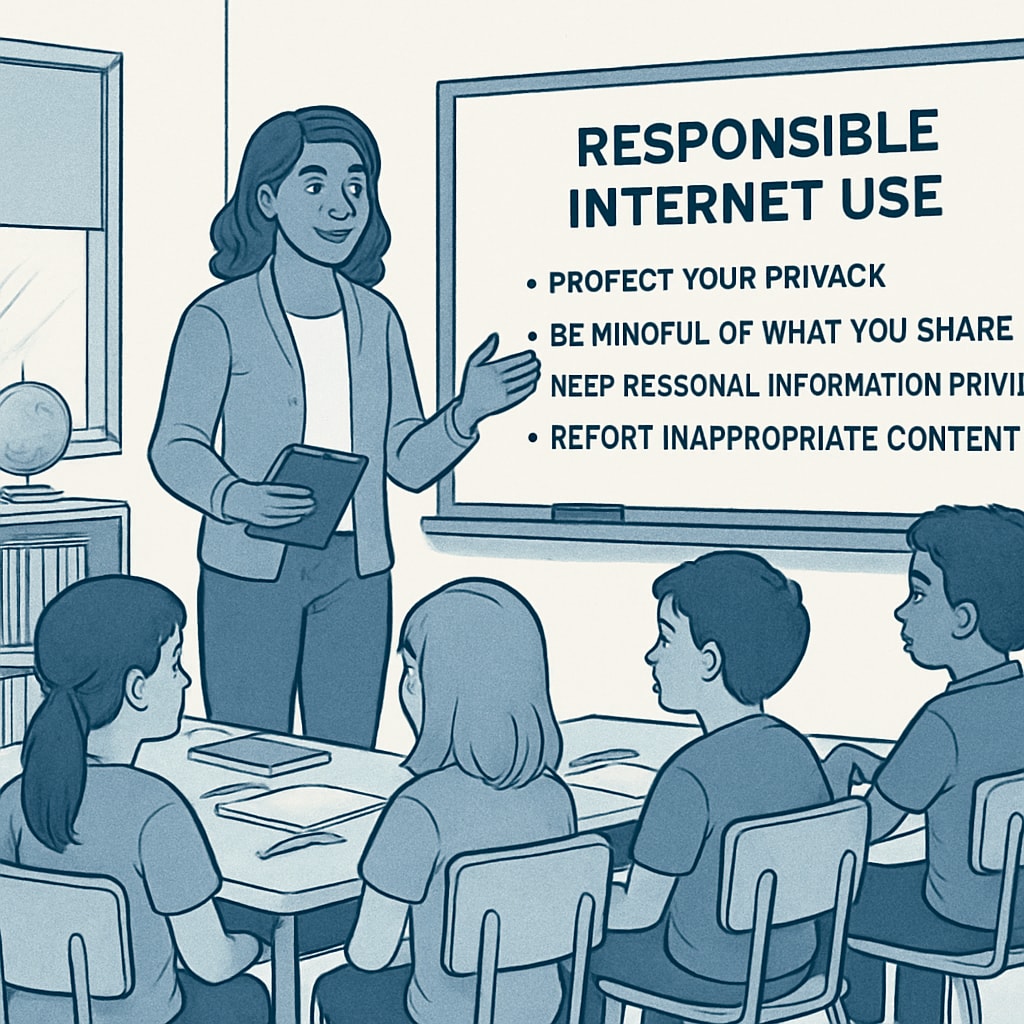The introduction of the UK’s age verification laws, designed to protect minors from accessing explicit online content, has inadvertently triggered a surge in VPN usage. This phenomenon demonstrates the limitations of technical barriers in addressing broader societal challenges and underscores the importance of fostering critical digital literacy and responsible online behavior in young users.
The Unintended Consequences of Age Verification Laws
Age verification laws were implemented to ensure a safer online environment for young individuals by restricting access to adult content. However, in practice, these restrictions have led to an unexpected rise in VPN (Virtual Private Network) usage among teenagers. VPNs allow users to bypass geographical restrictions and conceal their online activities, rendering the enforcement of such regulations increasingly complex.
While the intent behind the legislation is commendable, its effectiveness has been compromised by technological workarounds. As young users turn to VPNs, concerns arise regarding their exposure to potentially harmful content and the risks associated with unregulated internet access. Moreover, the widespread use of VPNs reveals a critical gap in digital education that extends beyond the legal framework.

Addressing the Root Cause: Digital Literacy and Critical Thinking
Rather than solely relying on technical barriers, the UK’s age verification laws present an opportunity to rethink how digital literacy is taught. Education systems must adapt to the evolving digital landscape by equipping young users with the skills to navigate the internet responsibly. This includes teaching critical thinking, understanding online risks, and fostering self-regulation.
For example, schools can integrate digital literacy programs that emphasize safe online practices, recognizing credible sources, and understanding privacy concerns. Such initiatives can empower students to make informed decisions without feeling the need to circumvent restrictions through VPNs or other tools.
Families also play a crucial role. Parents can engage in open dialogues about internet usage, explaining the reasoning behind age restrictions and encouraging responsible behavior. Collaborative efforts between educators and families can create a robust framework for nurturing competent digital citizens.

Building a Future-Proof Solution
To address the challenges posed by age verification laws and the rise in VPN usage, a multi-dimensional approach is needed. Policymakers should consider the following strategies:
- Enhancing Digital Literacy Curriculum: Introduce comprehensive programs that teach young users how to evaluate online content critically and recognize risks.
- Promoting Parental Involvement: Encourage parents to actively monitor and discuss their children’s online activity, fostering mutual understanding.
- Collaborating with Tech Companies: Work with VPN providers to ensure ethical practices and explore solutions that align with public safety goals.
- Evaluating Technological Safeguards: Develop smarter enforcement technologies that balance privacy concerns with protection goals.
As a society, we must recognize that technology alone cannot resolve complex issues like youth exposure to harmful content. By prioritizing education and shared responsibility, we can create a safer, more informed digital environment for future generations.
Readability guidance: This article utilizes short paragraphs for clarity, integrates lists to summarize key points, and ensures active voice is predominant. Transitions such as “however,” “therefore,” and “for example” help maintain fluidity. Images are strategically placed to enhance engagement and contextual understanding.


